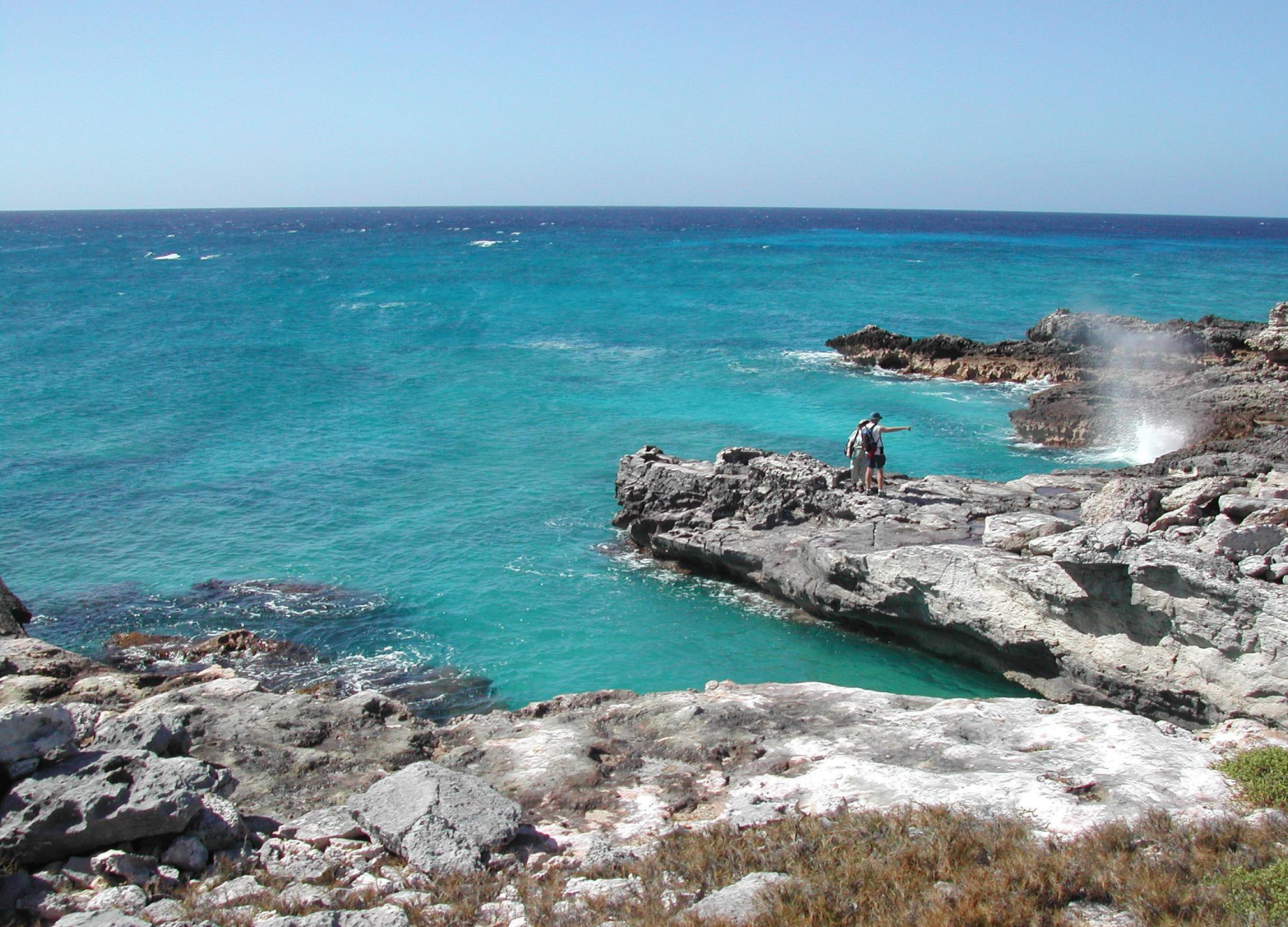
3 minute read
JNCC’s evolving international advice role
Since its formation JNCC has advised on the negotiation and implementation of Multilateral Environmental Agreements (MEAs), such as the Convention on Biological Diversity and the Convention on Migratory Species, which set a global framework for environmental action. As the UK transitions out of the EU, these agreements will provide a basis for coordination across the four countries of the UK. There is an opportunity for fresh approaches in implementation, including enhanced use of nature-based solutions and more sustainable use of natural resources. If successful, domestic implementation will provide a valuable example to the rest of the world and be a model that the UK can use to focus aspects of its overseas aid.
The future of domestic implementation
For the last forty years the UK has been working as part of the EU to agree a framework for nature conservation. Various EU directives have shaped much of the UK’s national activity. There have been many achievements, including the establishment of the Natura 2000 network of protected sites, strict protection of a range of threatened and endangered species, and improved management of marine fisheries. The approaches taken have largely followed a traditional approach to nature conservation and such measures remain important. However, more recent thinking emphasises the benefits that the natural environment provides to people through ecosystem services. Actions are focused on preserving and enhancing these ecosystem services, including through the use of nature-based solutions.
As the UK leaves the EU, England, Scotland, Wales and Northern Ireland will each adopt their own distinctive approaches to the environment, but the UK still needs to retain enough consistency to meet its international commitments. The mechanism to achieve this is most likely to be a revised UK biodiversity framework which would be based on implementation of the MEAs.
All of this will require an increased role from JNCC, working with the UK Government, devolved administrations and country nature conservation bodies, to support the necessary co-ordination across the countries. JNCC’s extensive knowledge of the international context will be key.
International implementation
As countries across the globe develop, it is important that they are encouraged and supported to do so in a sustainable way that takes full consideration of the natural environment.
The UK has a long-term pledge to commit 0.7% of its Gross National Income to Official Development Assistance (ODA), a mechanism that supports developing countries to fight poverty and promote development. Historically a significant proportion of this has been spent directly on poverty alleviation. However, there is increasing focus on ensuring the long-term sustainability of any investment and one area of growing emphasis is the importance of the natural environment and the benefits it provides in the form of ecosystem services.
A focus on ecosystem services is a key element of sustainable development, particularly in relation to climate change and poverty alleviation. Appropriate management of the natural environment will mitigate climate change, through absorbing carbon dioxide, as well as helping communities adapt to the impacts of climate change, for example by providing protection against sea-level rise and more extreme weather conditions. However, these benefits need to be balanced against broader economic development. It will be crucial to build local understanding of the issues to ensure any investment is backed by other policies and actions. This means, particularly for developing states, that it needs to make economic sense.
JNCC has gained valuable experience of implementing this sort of approach through its work within the UK Overseas Territories. The work has emphasised those aspects of the natural environment that really matter to the local economies and identified the action that is needed to preserve and enhance the benefits they provide. JNCC is now exploring how the experience and approaches can be applied more widely within the UK’s ODA spend.
Whilst ODA investment can catalyse development of emerging economies, ultimately they need to be supported by international trade. It is important that as the UK develops its trade policies it considers the impact on the natural environment and ensures that UK trading patterns are encouraging better use of natural resources. To inform decisions, JNCC is exploring how to draw together emerging research and data to assess the potential impact of trade on the natural environment.
Contact
Steve Wilkinson, Director of Ecosystem Evidence and Advice steve.wilkinson@jncc.gov.uk





